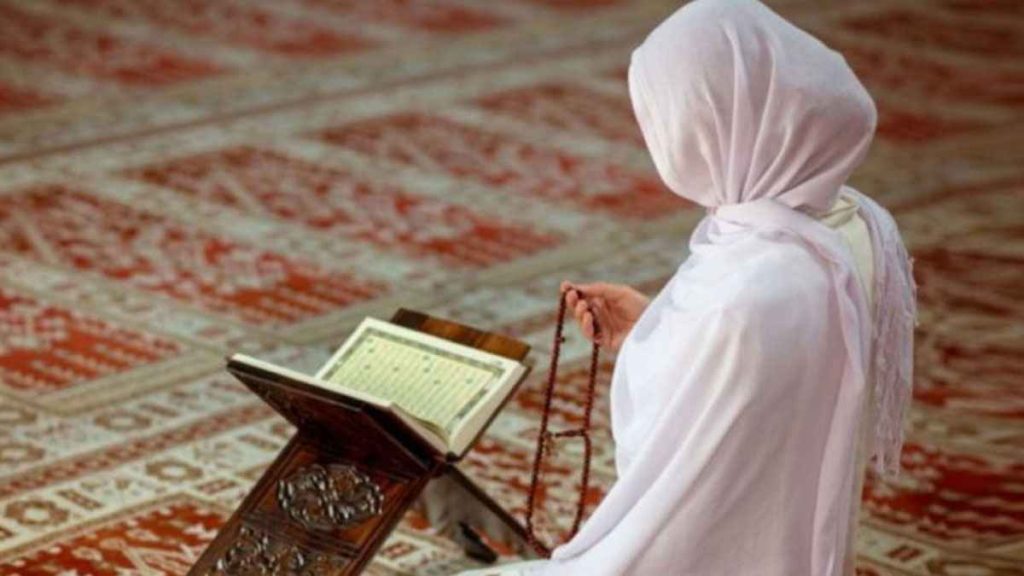As Muslims around the world conclude the holy month of Ramadan with the celebration of Eid al-Fitr, the Islamic calendar moves into its 10th month, Shawwal. While Eid marks a time of joy and thanksgiving, it also ushers in a unique spiritual opportunity that many may overlook—the observance of six voluntary fasts during the month of Shawwal.
These six fasts, though not obligatory, carry immense spiritual rewards as emphasized by the Prophet Muhammad (peace be upon him). According to a Hadith narrated by Abu Ayyub al-Ansari (RA), the Prophet (PBUH) said: “Whoever fasts in the month of Ramadan and then follows it with six fasts of Shawwal, it is as if he has fasted for the entire year.” (Sahih Muslim)
A Year’s Reward for Six Days
This Hadith underscores a profound concept in Islamic teachings—the multiplication of rewards for good deeds. Allah says in the Qur’an: “Whoever brings a good deed will receive ten times as much.” (Surah Al-An’am: 160). Based on this principle, the 30 days of fasting in Ramadan are equivalent to 300 days, and the six additional fasts in Shawwal equal another 60 days, thus making a total of 360 days—roughly equivalent to a full lunar year.
This multiplication illustrates Allah’s immense mercy and the simplicity with which great spiritual heights can be attained through consistent devotion.
Flexibility and Ease
One of the remarkable features of the six Shawwal fasts is their flexibility. Unlike the fasts of Ramadan, which are strictly prescribed and must be observed consecutively, the six Shawwal fasts can be observed on any six days within the month (excluding Eid day, as fasting on Eid is prohibited). They may be done consecutively or spread out across the month, based on one’s convenience.
This flexibility allows for greater accessibility for Muslims who may be managing busy schedules, family responsibilities, or recovering physically from the rigorous discipline of Ramadan.
Combining Missed Fasts and Shawwal Fasts
A common question arises regarding whether one can combine the intention of making up missed Ramadan fasts with the six Shawwal fasts. Scholars have differing opinions on this matter. Many suggest that while making up missed fasts from Ramadan is a priority, it is better to complete those first and then observe the Shawwal fasts separately for full reward. However, some scholars argue that if someone combines both intentions due to limited time or capability, they may still hope to attain the reward.
Regardless of the approach, the emphasis remains on fulfilling missed obligations and not neglecting the opportunity for extra spiritual merit.
Spiritual Continuity After Ramadan
Perhaps one of the most profound lessons behind the six Shawwal fasts is the encouragement to maintain spiritual momentum after Ramadan. The holy month instills discipline, humility, and a heightened sense of consciousness of God. But these values should not fade with the moon of Eid.
By encouraging the six fasts in Shawwal, Islam reminds believers that the journey toward piety does not end with Ramadan. Instead, it is a lifelong pursuit, nurtured by small yet consistent acts of devotion. These fasts serve as a bridge between the spiritual high of Ramadan and the routine of daily life, reinforcing that worship is not seasonal but continuous.
A Call to Action
As Shawwal continues, Muslims are encouraged to take advantage of this blessed opportunity. In a world filled with distractions and a fast-paced lifestyle, dedicating six days for fasting may seem daunting. However, when one reflects on the immense rewards and the long-term spiritual benefits, it becomes a small price for a tremendous return.
In essence, the six fasts of Shawwal are more than just an act of devotion—they are a symbol of commitment, consistency, and the deep love for the Creator that extends beyond the boundaries of Ramadan.
May Allah grant us the strength and sincerity to observe these fasts and accept them as a means of drawing closer to Him. give seo of it

